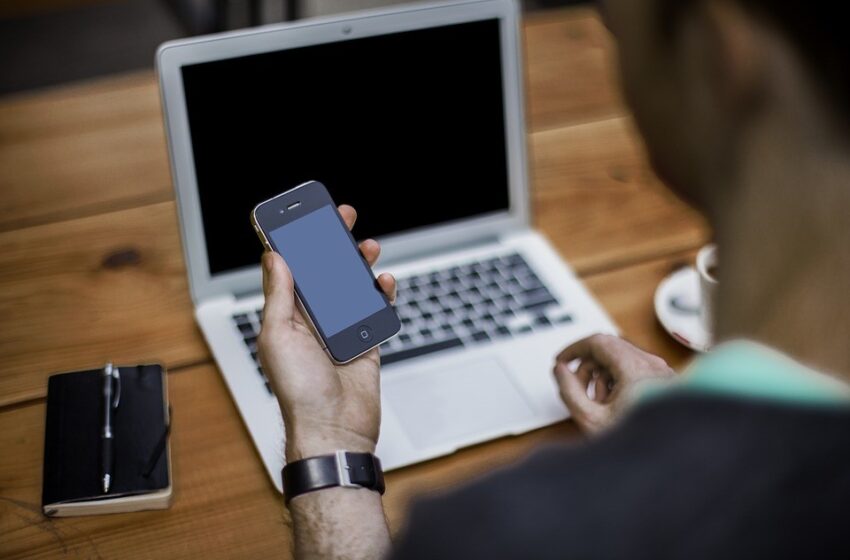Mobile Call Recording As Evidence – Is It Admissible?
To obtain evidence in the event of a dispute, many companies and organizations can record voice calls. It’s important to realize that mobile call recordings may not be admissible in court.
Even though the call is admissible in court, the question of legality remains.
People must remember that there are several laws regarding call recording which must be followed to avoid wiretapping charges.
Legal is Not Equal Being Admissible
Even if a phone call is legally recorded, it does not mean that it’s admissible.
What makes a call recording admissible to court?
- The voice that was recorded belongs only to the person you claim it to be
- Hardware and software used to record accurate audio are reliable.
- The recording is true and correct. It accurately depicts the interaction with no loss in context.
- The recording is unaltered or modified.
- The conversation is heard, and any inaudible bits aren’t significant.
- The legality of consent.
Recorded voice conversations must be verified as reliable and valid before they can be used in a court case. It is possible that the recording’s legality may be challenged, especially if the call was secretly monitored. Several states in the United States require each party to be informed that their conversation is being recorded. There are also different call recording laws in other countries.
European call recording has seen changes since MiFID II was implemented. MiFID II requires all financial services companies to meet these requirements:
- Record all conversations that may lead to a sale.
- Inform the customer they are being recorded.
- You should keep all recorded conversations secure for a minimum of 5 or 7years.
- So that your company can provide them with the required time, keep the recorded conversations.
According to GDPR, businesses are required to prove their legality by recording calls.
- The conversation participants gave their consent for the recording to take place.
- For the fulfillment of a contract, the recording is essential.
- The recording is required to fulfill a legal requirement.
- The recording is required to protect the interest of one or two participants.
- Recordings are necessary for official authority or in the public interest.
- Unless other participants have their interests in conflict with them, the recording is within the legitimate interests and rights of the recorder.
Covert monitoring of calls can result in privacy breaches, confidence, and violations of existing data protection laws. It all depends on the location of the participants. If illegally obtained, recordings of phone calls can also be excluded in legal proceedings.
Recorded phone conversations can be admissible in evidence as long they are legal and accurately reflect the interaction. Some circumstances may allow illegally obtained records to be admissible. These include when the recordings are exact representations of the interactions between the parties with no loss in context.
Organizations will need to use a reliable phone, WeChat, or WhatsApp call monitoring solution to have clearly recorded messages while also retaining the calls until needed. For more information on the archiving solutions that organizations will need, like an AT&T SMS archiving solution, visit TeleMessage.


